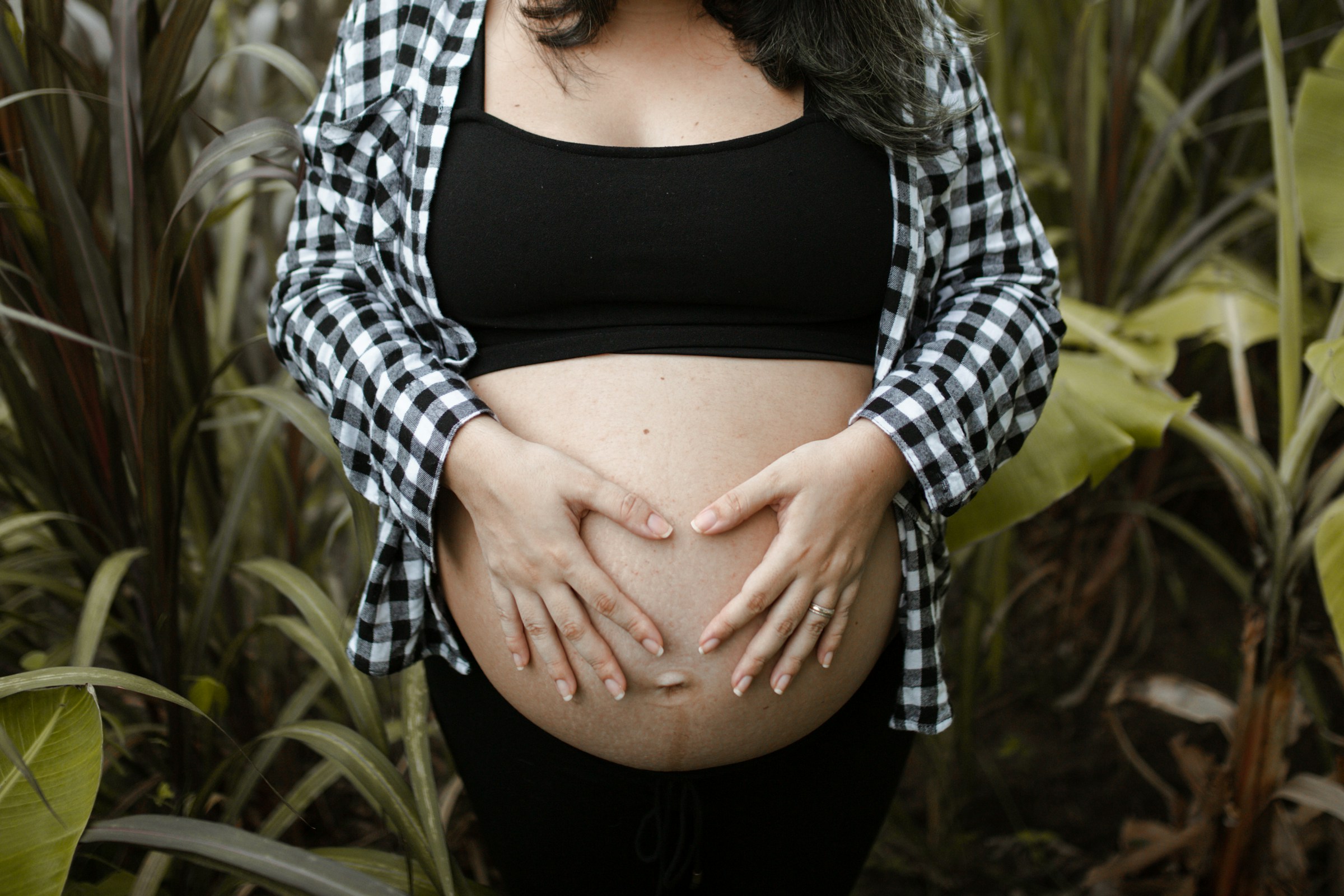
Parental anxiety is more common than many parents realise — and it doesn’t just affect you, it can also impact your child. While it's perfectly natural to worry about your child's wellbeing, excessive or ongoing anxiety can lead to overprotective behaviours and send unintentional signals of fear and danger to your child. Over time, this can contribute to emotional challenges in their development.
So how can you tell if your worry has become parental anxiety? Here’s a quick mental check-in to help you reflect.
Ask Yourself: Do These Feel Familiar?
- Do you constantly worry that something bad might happen when you’re not there?
(e.g. fears of bullying, mistreatment, or harm at school or with other children.) - Do you engage in avoidance behaviours?
(e.g. not letting your child walk to school with friends, avoiding playdates or group activities.) - Do you often talk anxiously in front of your child?
(e.g. expressing fears about the world, safety concerns, or dangers in everyday life.) - Do you catastrophise potential risks?
(e.g. imagining unlikely worst-case scenarios as highly probable events.) - Do small things make you spiral?
(e.g. your child arguing with a friend, getting a small bruise, or not finishing lunch.) - Are you constantly researching or obsessing over parental choices?
(e.g. staying up late comparing lunchboxes, or worrying about school meals or screen time.) - Have others mentioned that you worry too much?
(e.g. your partner, a teacher, or a friend expressing concern.) - Have you lost connection with yourself beyond parenting?
(e.g. neglecting hobbies, self-care, or adult relationships.)
Why This Matters
Children are deeply sensitive and often mirror the emotional tone around them. If they consistently see and feel your fear or anxiety, they may begin to internalise those worries — becoming fearful of everyday situations and unsure of their own safety or autonomy. Over time, this can impact their social confidence, emotional regulation, and independence.
What You Can Do
Parental anxiety is nothing to feel ashamed of, but it’s important to recognise when it becomes unhelpful — and to take gentle, proactive steps.
- Start small: Talk openly with your partner, a friend, or a trusted health professional.
- Challenge your thoughts: Ask yourself what’s fact and what’s fear.
- Let go gradually: Allow your child small experiences of independence to build confidence (for both of you).
- Seek support: If you feel stuck or overwhelmed, consider speaking to a therapist or mental health professional.
Final Thought
Worrying is part of loving — but anxiety shouldn’t take over your parenting.
Checking in with yourself is the first step toward more balanced, connected care for your child and yourself.
Related articles
Explore our wide range of expert-led articles, guides and tips on parental mental wellbeing.


